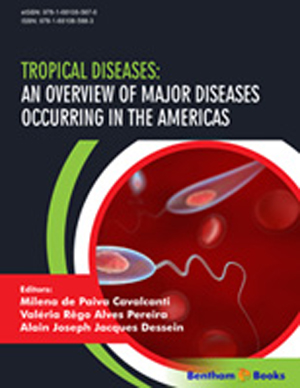Abstract
Bioinformatics is an interdisciplinary field that combines elements of the areas of biological sciences and computing, which has become fundamental in health science research. Bioinformatics is based on the development and application of computational tools to extract knowledge from biological data and to solve real-world problems in human health, which contributes to the diagnosis and control of infectious diseases. Much of the biological information is obtained through comparison of genomic sequences. Currently Next-Generation-Sequencing provides a wide genetic database which overcomes Sanger sequencing. Nitrogenous bases are identified by signals emitted for each fragment of DNA strand that it occurs through large massive reactions. In this context, sequence alignment methods are relevant. Evolutionary and functional patterns could be extracted from multiple sequence alignments, which could point to molecular markers, receptors, or targets that could be important to develop control measures of several diseases. Bioinformatics could also be applied in proteomic and transcriptomic studies, increasing the knowledge at the molecular biology level of protozoa and transmission vectors. Therefore, Bioinformatics tools are relevant to gather information about Neglected Tropical Diseases, and so, novel control methods could be tested and developed.
Keywords: Bioinformatics, Neglected Tropical Diseases, Next-Generation- Sequencing, Sequence Analysis.






















